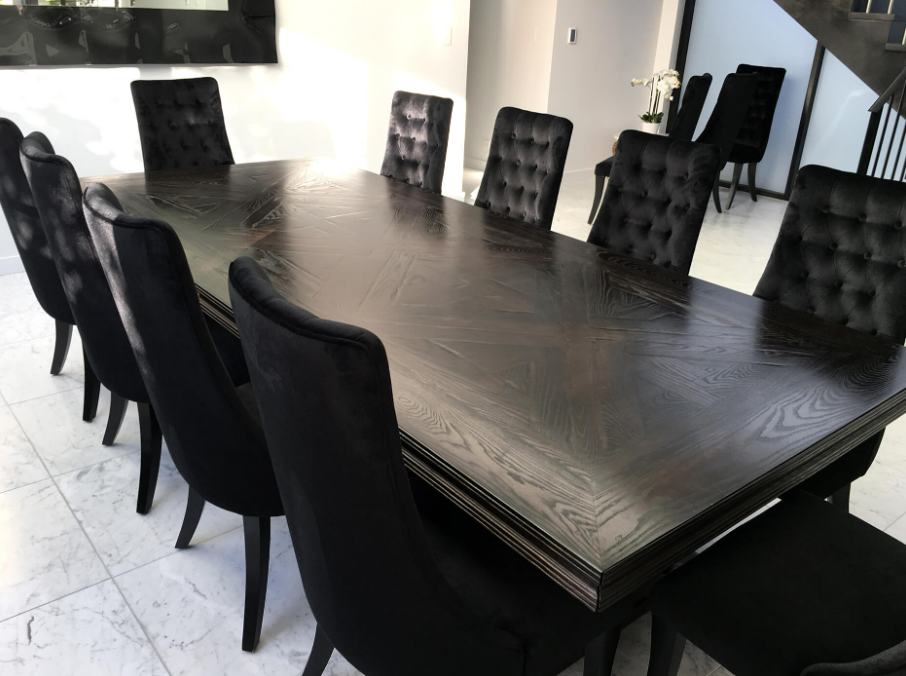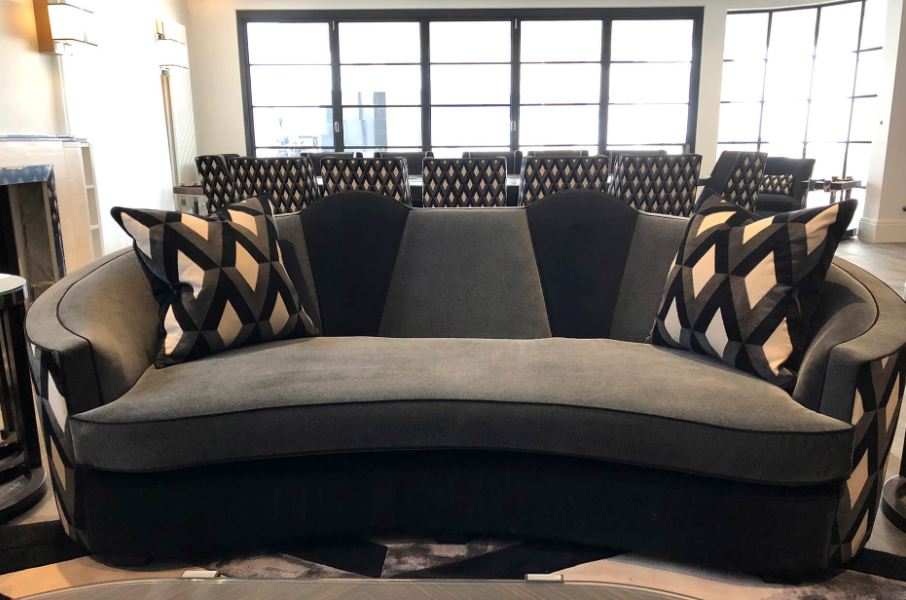Innovative Extension Tables for Versatile Dining Spaces
In the landscape of modern home design, versatility is a crucial aspect. Particularly in urban settings where space is at a premium, furniture that adapts to multiple needs isn’t just a luxury, it’s a necessity. This is where extension tables come into play. They’re not just tables; they’re smart solutions for dynamic living spaces.
Design and Functionality
Let’s delve into what sets extension tables apart: their design and functionality. The most common types of extension mechanisms include drop-leaf, butterfly leaf, and sliding mechanisms. Each has its own charm and functionality. A drop-leaf table is ideal for those tight on space, offering a fold-down feature that can instantly create more dining space. When it comes to the butterfly leaf, the leaf is neatly tucked away and easily accessible when needed. Lastly, sliding mechanisms provide a seamless transition, allowing the table to expand effortlessly.
The choice of materials in contemporary extension tables reflects both aesthetic and practical considerations. Wood, with its timeless appeal, remains a favourite for its warmth and durability. Glass, sleek and modern, gives an illusion of more space and is surprisingly robust. Metal, often used for frames and supports, offers strength and a contemporary feel. Each material brings something special to the table, quite literally.
But what about longevity? Durability and maintenance are crucial. Wooden tables, while sturdy, require regular care to maintain their luster. Glass, although less demanding, needs careful handling to avoid scratches and chips. Metal, resilient by nature, can still succumb to corrosion if not properly treated. It’s all about balancing beauty with practicality.
Space Efficiency and Versatility
Extension tables are a game-changer in the realm of space efficiency. Imagine a cosy studio apartment; with an extension table, it transforms from a comfortable work area to a dining space capable of hosting a dinner party in mere moments. This adaptability is the heart of what makes an extension table so valuable.
These tables aren’t just about saving space; they’re also about fitting seamlessly into various interior designs. In a minimalist setting, a sleek, glass extension table can maintain the clean lines and open feel. For those who prefer rustic charm, a wooden extension table with a natural finish can add warmth without cluttering the space. In a modern home, a metal-framed table with a sliding mechanism can offer a sophisticated, yet practical, touch. The versatility of extension tables means they can enhance any décor.
Conclusion
To wrap it up, extension tables are not just furniture. They’re smart, adaptable solutions. Extension tables blend functionality with style, easily fitting into various interior designs.
If you’re considering buying an extension table, consider exploring the work of Mark Alexander. Whether you’re looking to maximise a small space or add a flexible piece to your home, an extension table could be just what you need.
Image Source: French Louis XV Extension Table



